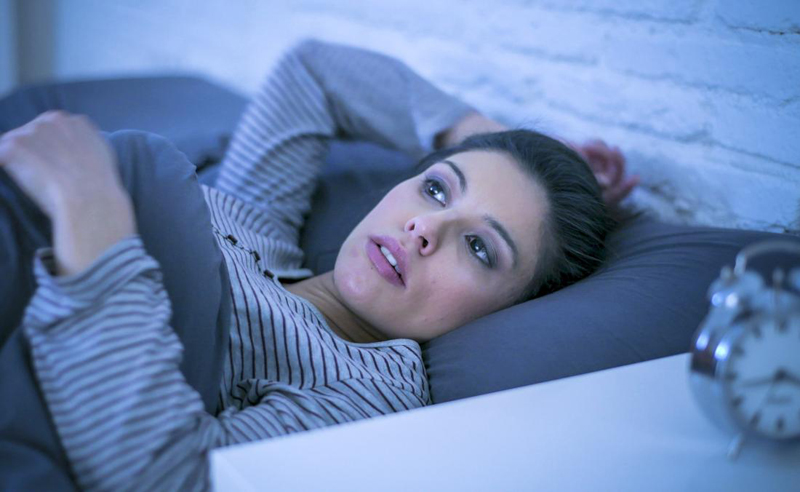The signs of menopause go far beyond hot flashes. We asked OB-GYNs for their health tips and tricks to manage the most common signs of menopause, no sweat.
Hot flashes aren't the only sign of the change.

Some women celebrate it. Others fear it. Whatever your emotional and mental state about menopause, it’s certainly a big time of transition. It’s also clear, diving in to the symptoms and signs of menopause, that what some refer to as “the change” would be more accurately deemed “the changes.”
According to Alyssa Dweck M.D., a gynecologist and assistant clinical professor at the Mount Sinai School of Medicine in New York and medical advisor to ChromaDex, menopause often starts at age 51. But signs of menopause start years before your final menstrual cycle. This phase, generally lasting four to eight years, is called perimenopause and can vary widely from woman to woman. Some are even asymptomatic, meaning they float right through perimenopause and menopause with no other signs of menopause besides an MIA period.
By definition, menopause is the absence of menses for 12 months. Yet it might take years and years to complete, says Arianna Sholes-Douglas, M.D., F.A.C.O.G., founder and owner of Tula Wellness and Aesthetics Center in Tucson, Arizona and the author of The Menopause Myth. So how do you know when you’ve come out the other side and are officially postmenopausal?
“You are finished with menopause when you have not had a period for a year," Sholes-Douglas tells Woman's Day. "If you stop having cycles for 10 months and then have another one, the clock starts all over again."
The most common signs of menopause, explained by Dweck and Sholes-Douglas here, all relate to the hormonal shifts occurring in the body at the time.
![[feature] 5 Signs of Menopause, According to Doctors](https://blogger.googleusercontent.com/img/b/R29vZ2xl/AVvXsEhTuENNdZ0mLYHj24DN8MUbx0jxG1wq9ajowJrtOg0gseukQ0kxJ-0aXvT-1Z3VxbocTdXu9G9bop5uUjnDF2AikSWDar3LYHvy2cvE_LV2tGkKDavWvoMEe34F8bx5t30OESdYqatJNQMA/s1600/women+2.jpg)







No comments:
Post a Comment